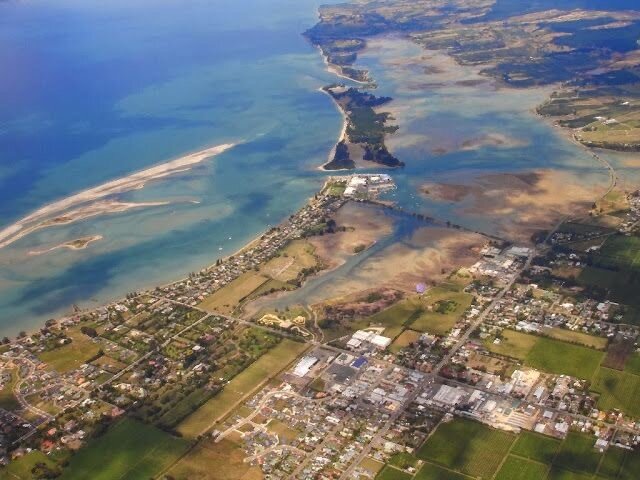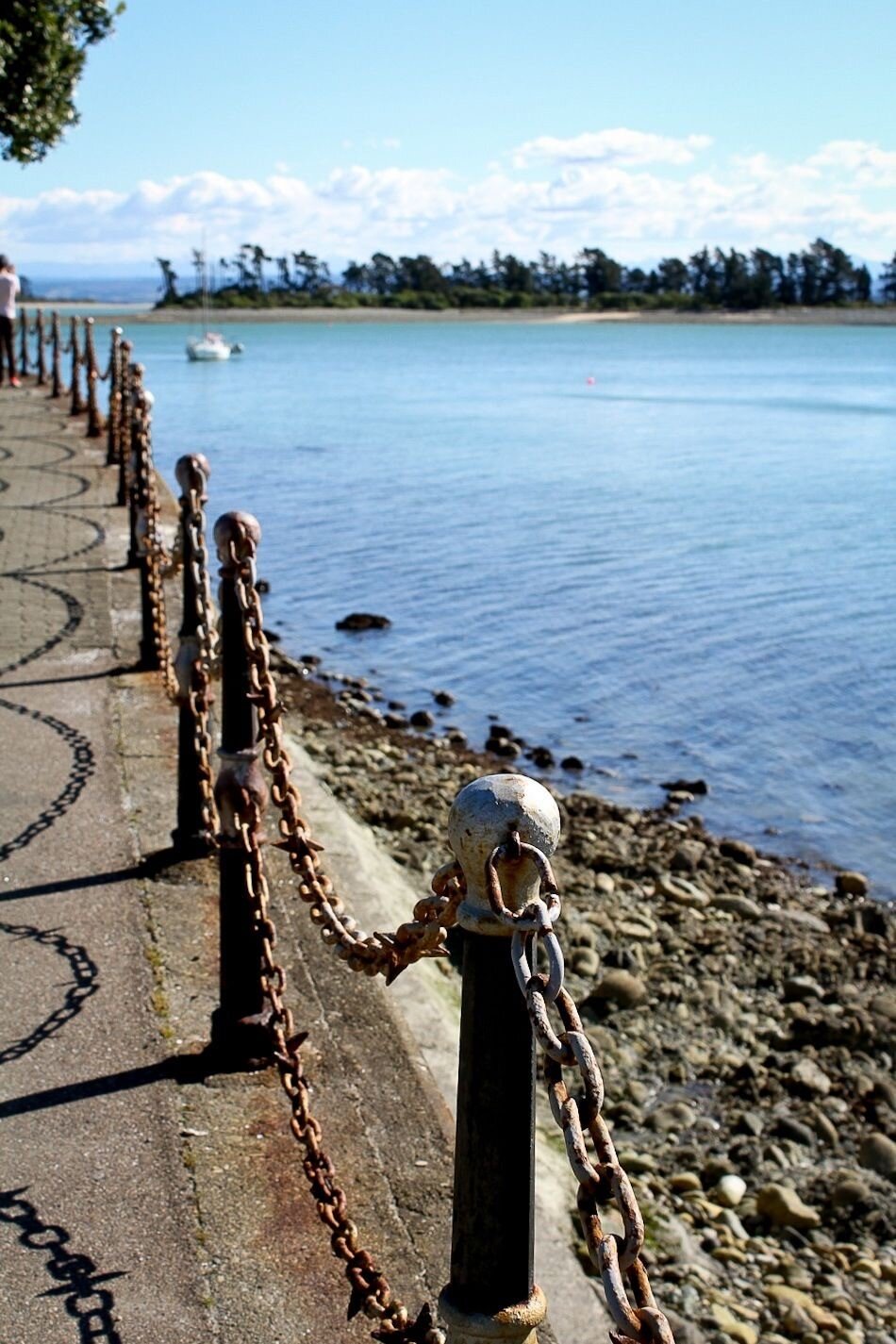Making the Tenths Whole
An update on resolving our 2017 Supreme Court decision against the Crown
Tēnā koutou katoa, tēnei te mihi maioha ki te whānau o Wakatū,
Our Chair, Paul Morgan, has been providing regular updates to whānau during this unprecedented time that we have all been facing. We continue to send our thoughts to our whānau.
The purpose of this pānui is to provide you with an update about our case against the Crown with respect to the Nelson Tenths Reserves and the Occupation Reserves in our rohe, following our win in the Supreme Court in 2017.
In 2017, the Supreme Court decided that the Crown, as the legal trustee, owes a duty to the Māori owners of the Nelson Tenths Reserves and Occupation Reserves, to reserve and protect your land in the Nelson region, according to the terms of the trust.
The next step following the Supreme Court’s decision is to determine the extent of the Crown’s liabilities and the remedies available from the Crown to resolve the case. This work is being led by our kaumātua, Rore Stafford. Rore is acting on behalf of the owners of the Nelson Tenths Reserves and Occupation Reserves. We are seeking the return of all land held by the Crown within the Nelson region that is part of the Nelson Tenths’ Reserves Trust estate or ought to have been included in the trust estate.
Since 2017, we have been working towards resolving this issue with the Crown.
There have been a few recent developments, particularly in the courts.
In summary, work has been happening in the following areas:
Resolution
Our preference is to resolve this matter with the Crown directly rather than in the courts, so the Crown is able to restore its mana in a restorative way, rather than by way of time-consuming and expensive litigation.
The Supreme Court has recognised that the Crown owes a duty to the owners of the Nelson Tenths Reserves and Occupation Reserves. On this basis, the Crown has a legal and moral responsibility to meet its duty as the trustee of our land.
We have asked the Crown to engage with us to agree the principles to govern a solution to this matter. These discussions are not progressing currently, and the Crown has not provided any meaningful feedback on our proposals.
Instead, since 2017, the Crown has taken steps to potentially reduce the amount of land available in the Nelson region to resolve our case, by for example, attempting to sell Crown-held land in Nelson. For this reason, we have taken further legal action against the Crown in an attempt to prevent the loss of any more land, until the Crown has resolved this matter. The legal steps we have taken since 2017, are explained below.
Litigation
Crown Trustee duty to account (the remedies proceedings)
We have made an application to the High Court asking the Crown Trustee to account for the losses to the Trust estate, which extend throughout the Nelson and Tasman districts.
This means the Crown has to determine what happened to the land that was a part of the Trust Estate in Nelson, Motueka and Golden Bay, and report to the Court.
We will also need to determine the extent of the Crown’s breaches and all remedies available to the whānau, in the High Court. At this stage, if we are unable to settle this matter with the Crown we expect this hearing to take place in the High Court in 2022. This is partly due to Covid-19 delays, and because of the research that needs to be completed.
Caveat proceedings and judicial review
We have also filed two other proceedings against the Crown– a judicial review and a caveat appeal. These are focused on making sure the Crown does not sell any further land in the Nelson region, that is subject to the fiduciary duty.
Caveats appeal, Court of Appeal
The caveat appeal was heard by the Court of Appeal in 2019. This case concerned the ACC proposal to sell land it holds in the Nelson central business area, which was once part of the Nelson Tenths’ Trust.
This case was focused on preventing the sale of land held by ACC in Nelson city by way of a caveat on the land title, until the duty to account proceedings had been decided.
The Court of Appeal judges by a majority of 2-1 decided that the caveat could not be sustained over this land because ACC, a Crown entity, is not considered Crown land for the purposes of the caveat proceedings. Justice Williams wrote the dissenting judgment in the case and said:
“It must be assumed that both ACC and the Ministers will behave in accordance with the honour of the Crown and consistently with its fiduciary obligation. It is not to be assumed that the Crown (whether the Ministers or ACC) would behave in a manner which breached either statutory or fiduciary duties”.
We agree with this finding, and continue to argue strongly that the Crown Trustee via its Ministers, and in particular the Attorney-General, must meet its duty as Trustee by returning the trust property it currently holds to the land owners. The mana of the Crown depends on resolving this case with the land owners.
Fortunately, the ACC land in Nelson was not sold, as the sale did not go ahead as a result of the legal proceedings. This means we are able to negotiate for the return of this land to the Trust Estate. I would like to acknowledge the ACC Board and management, together with local management of Government departments, for their increasing recognition of the history of the Nelson Tenths and demonstration of support for the Wakatū and whānau kaupapa.
Judicial review case, High Court
The judicial review proceeding was due to be heard by the High Court in April this year but, due to the Covid-19 restrictions, this has been delayed until August. The judicial review case is focused on the Ministers’ powers to take steps to protect trust land in the Nelson region, until the remedies proceedings are complete. So far, the Ministers have not taken any steps to prevent the sale of trust land until the proceedings are complete. This means that the owners may lose more land from the trust estate, before the court proceedings or negotiations are complete. The Ministers have the power to prevent further land loss, and we are very disappointed that, so far, they have failed to do so. This is a further breach of their trustee duties. It is also a breach of Te Tiriti o Waitangi.
The High Court will hear this case in Wellington on 10-13 August 2020. We encourage all of our whānau to attend the hearing. Nau mai, haere mai ki te whānau o Wakatū me ngā uri o ngā hekengā.
We have secured agreement from the Crown to a notification mechanism so that, if they intend to dispose of land in the Nelson region, we will be notified of it and can make a decision as to what to do about it at that time.
Connection and preparing for the future
In 2018, we established our whakapapa and tikanga programme, Te Rākau Pakiaka. This programme is to empower our whānau to learn more about their whakapapa and history and, in particular, the history of the Nelson Tenths’ Reserves and Occupation Reserves, and the background which led to the 2017 Supreme Court case.
In 2019, we launched a special issue of the New Zealand Law Review focused entirely on the 2017 Supreme Court decision in relation to Wakatū and the Nelson Tenths’ Reserves and Occupation Reserves. The publication followed on from a one-day symposium organised in February 2018 by the Aotearoa New Zealand Centre for Indigenous Peoples and the Law, which also focused on Wakatū and the Supreme Court’s judgement. It was great to be able to have some of our whānau there with us for the launch.
Due to Covid-19, our whakapapa and history programme for 2020 has been postponed until 2021. In 2021, we will engage with whānau via our bi-annual roadshow. The next intake of Te Rākau Pakiaka will also start, and we will send more information to you about that programme and how you can get involved later this year.
We are currently working on a webpage and a series of short information videos that we intend to finalise shortly to ensure we are able to keepwhānau updated about the different strands of mahi over 2020.
If you haveany pātai, please feel free to contact me directly; kerensa@wakatu.org or you can call into Wakatū House for a kōrero, or telephone 03 546 8648.
Otherwise, we look forward to providing a further update at our Annual General Meeting later this year, as well as by pānui.
Ngā mihi,
Kerensa Johnston
CEO




